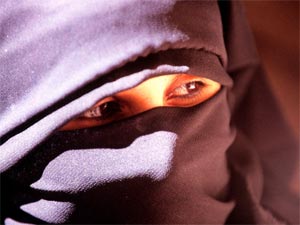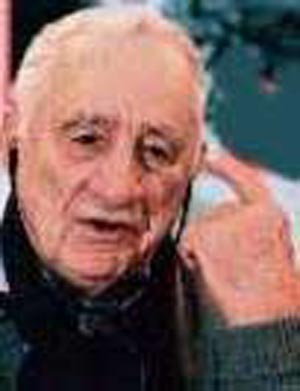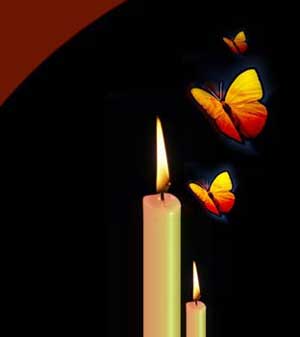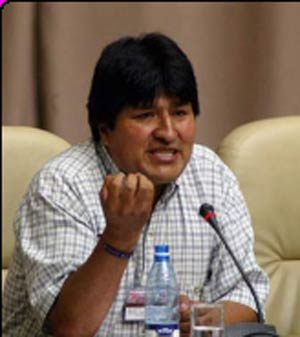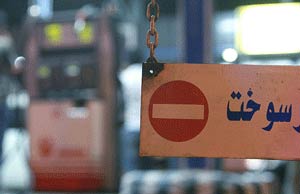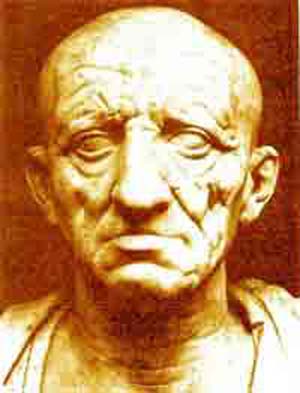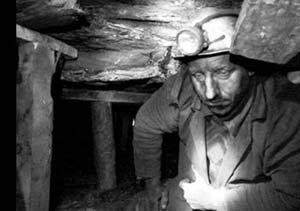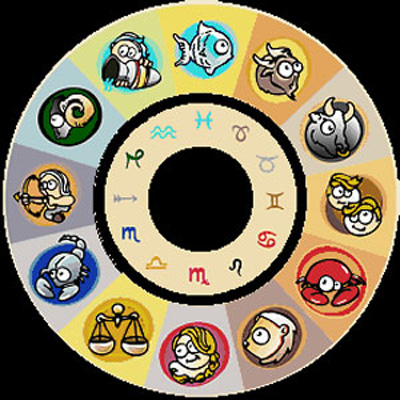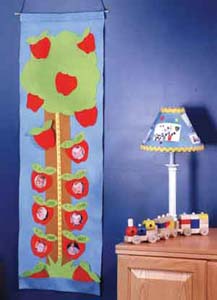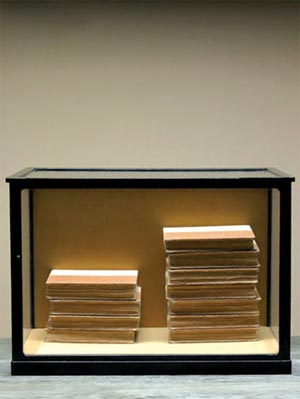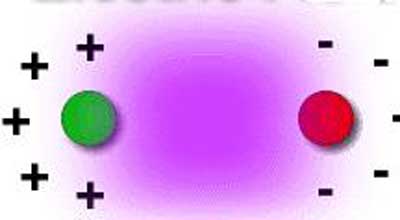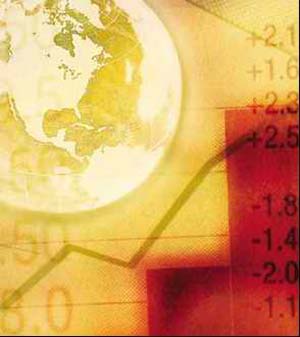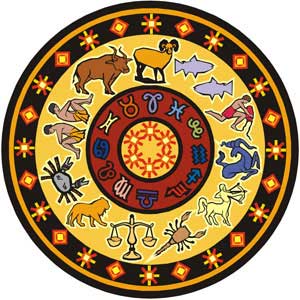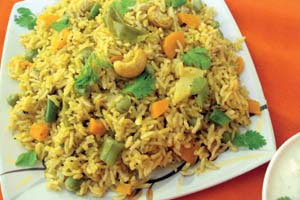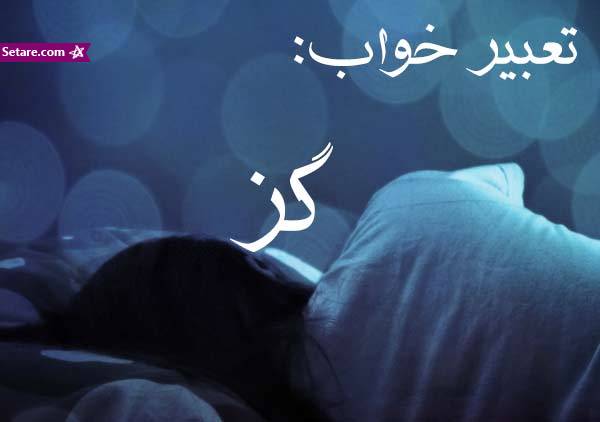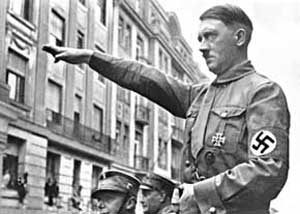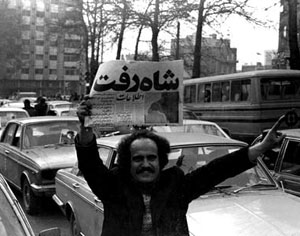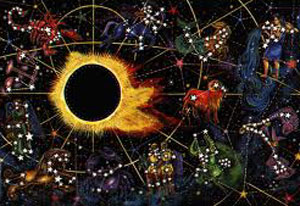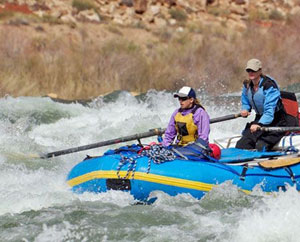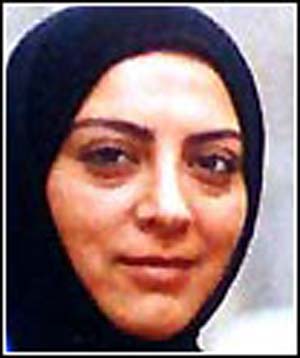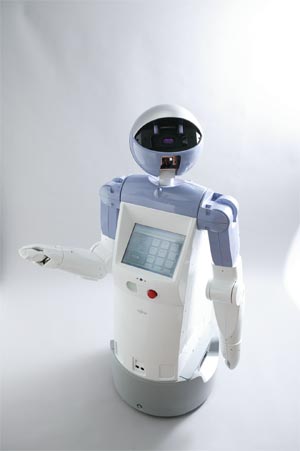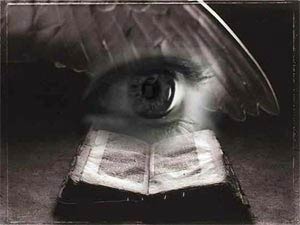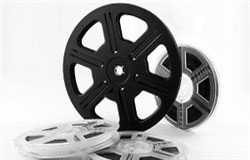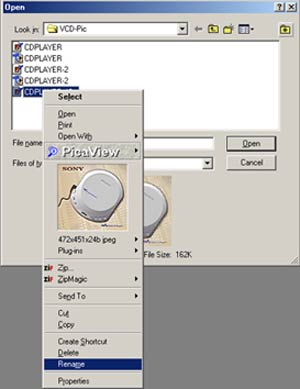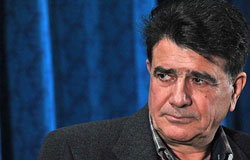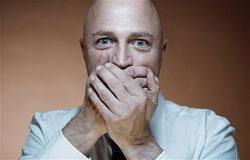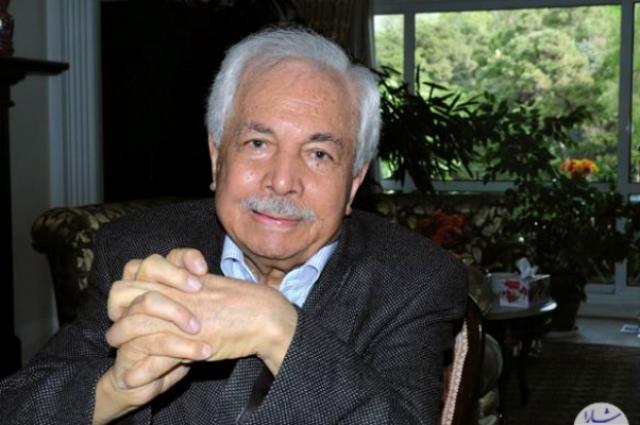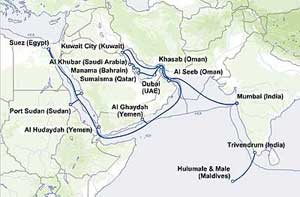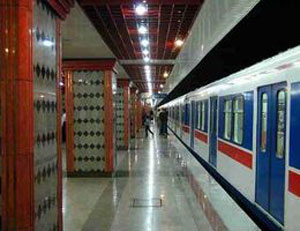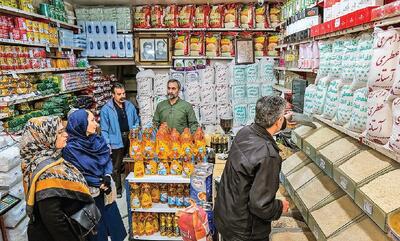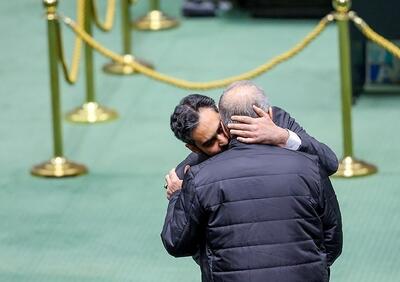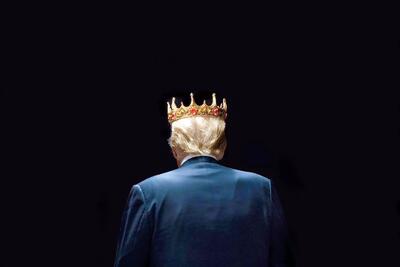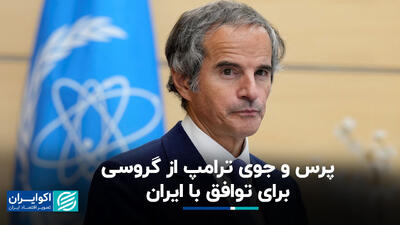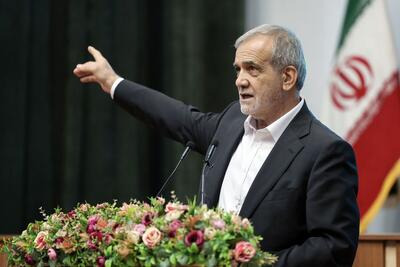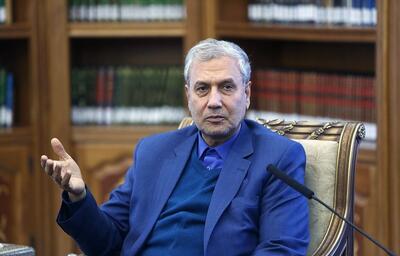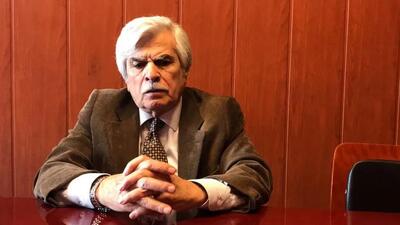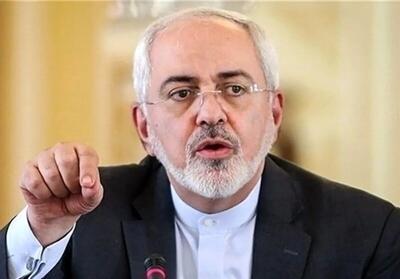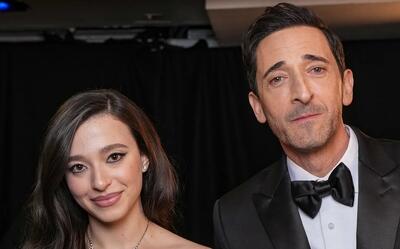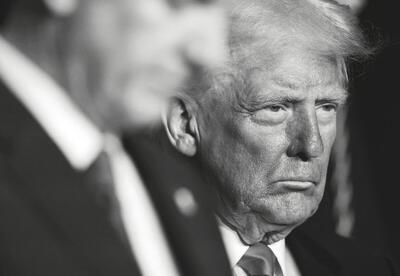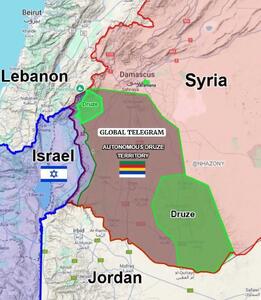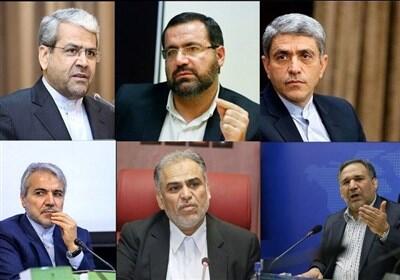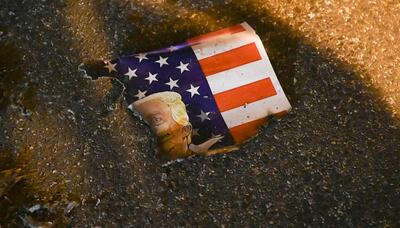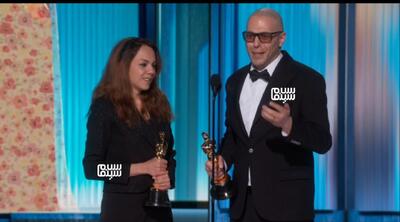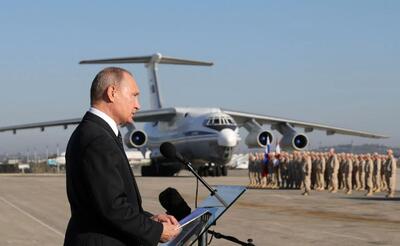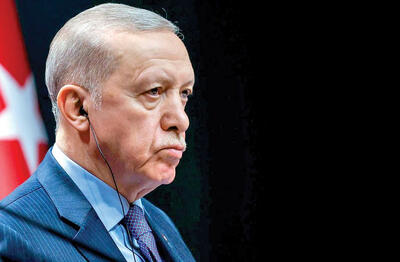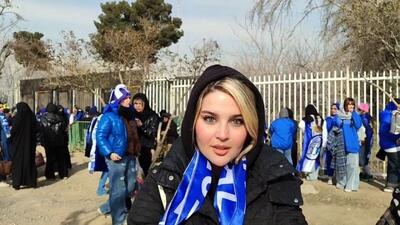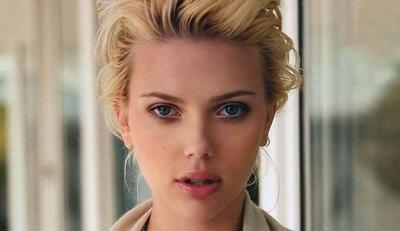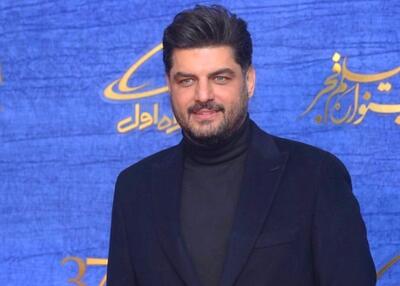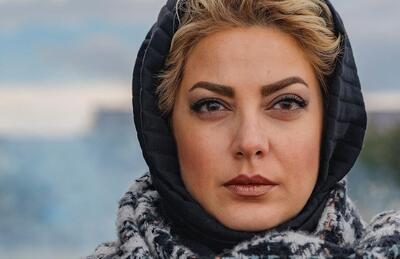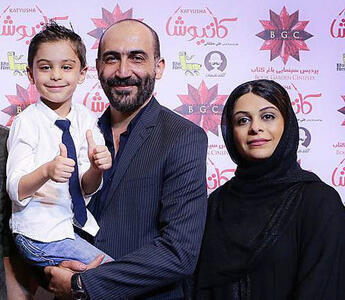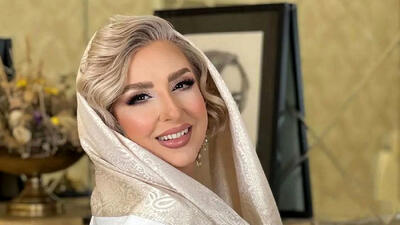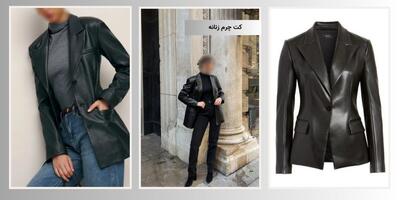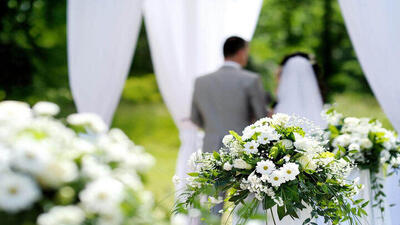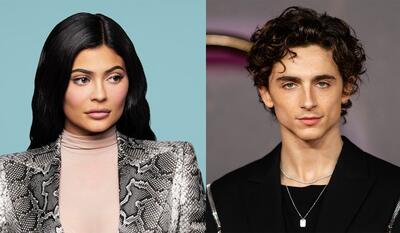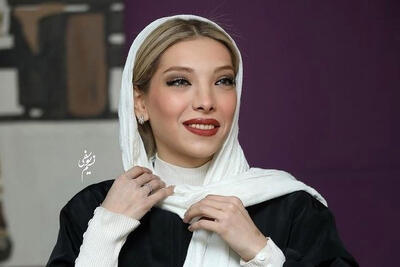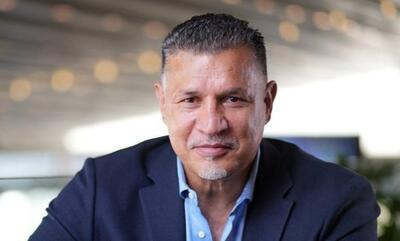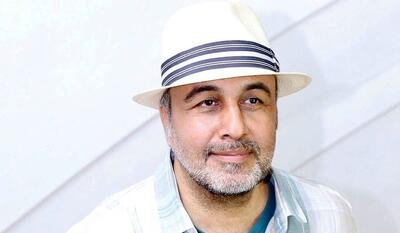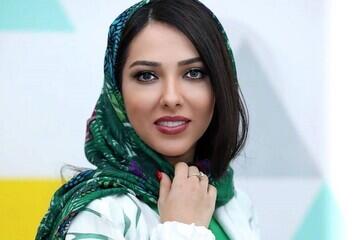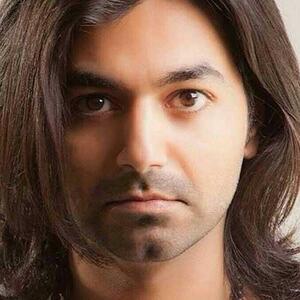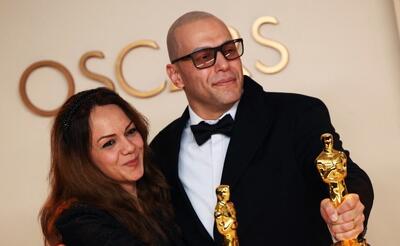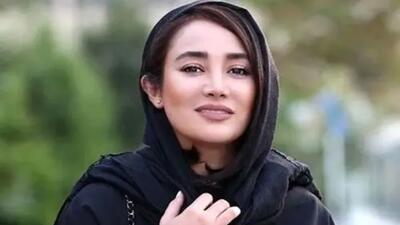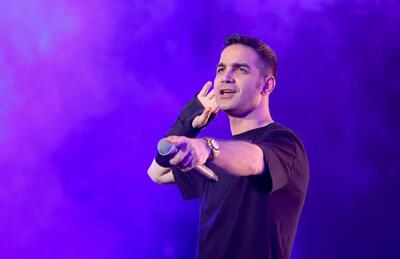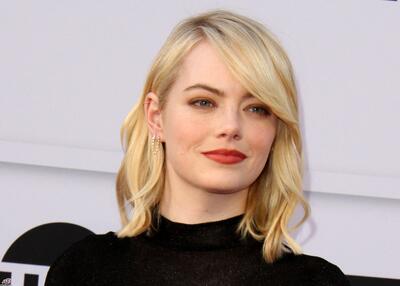سه شنبه, ۱۴ اسفند, ۱۴۰۳ / 4 March, 2025
The American
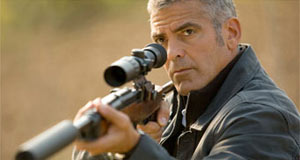
Back in the 1970s, a film like "The American" would be labeled existential. Today it feels merely pointless. An assassin wants to give up the life; a priest likes to reclaim lost souls for God; a prostitute looks for a man to free her; two mysterious underworld characters want the assassin to fabricate one last weapon. The "thriller" elements are stripped bare: There is little backstory or dialogue, but you know where things are headed. At least you do until all sense drops out of the story at the climax. That's the existential part.
As a low-budget indie or experimental foreign film, "American" could enjoy a festival-circuit ride where cineastes could ponder the profundities of its blank stares and static situations. As a Focus Features movie starring George Clooney with one-sheets pitching it as a "North by Northwest" thriller, "American" is doomed to failure. Focus must be expecting the worst to throw it out on Labor Day weekend, not an ideal time for any movie looking for box-office glory.
The film's director is Anton Corbijn, the renowned Dutch-born, U.K.-based portrait photographer who earned critical plaudits in some quarters for his first movie, "Control" (2007), which, like much of his photography, was in black-and-white and about a pop singer.
"American" is in color, but it feels like black-and-white. Not that the color or Italian countryside isn't gorgeous. But the mood is nero e bianco.
A first brief section occurs in Sweden, probably because this is one of those co-productions that scoop up tax credits and co-financing all over the place. Clooney's Jack is enjoying an idyllic romp with someone named Ingrid in a snowbound cabin retreat. Then hunters come calling, and Jack kills them. Wow, this is one tough guy.
Abruptly, Jack is in Rome and on a pay phone to his employer, who tisk-tisks over the mess in Sweden and ships him off a mountain village in Abruzzo. But Jack doesn't like the mountain village and decides to hide out in another one.
There, he settles in to the point where a local priest (Paolo Bonacelli) and whore (Violante Placido) become his good friends, though he makes certain never to smile at either. His contact sends him a mysterious client (Thekla Reuten), who asks him to manufacture a lightweight weapon not unlike the one in Frederick Forsyth's "The Day of the Jackal."
Because he refuses to use mobile phones, he is practically untraceable, but all sorts of shady characters show up in the village and badly disguise their presence. There's a target on his back, the same back that carries a tattoo of an endangered butterfly. No doubt that's hugely significant, but what viewer is going to trouble to work out that symbolism?
Anyway that's the setup and indeed the entire movie. No one talks much, perhaps because of language difficulties, but then no one does much either.
Rowan Joffe's screenplay, from the novel "A Very Private Gentleman" by Martin Booth, seems to want to run away from all genre affiliations, but the movie stays strangely anchored in a thriller mode. Perhaps Clooney has played too many con artists and spies to loose that baggage entirely.
The acting is fine, as is the scenery. Taking place in Italian villages and the countryside, how could it not be? Placido keeps taking off her clothes as well, so the movie is not without its redeeming moments.
But nothing really adds up, and the ending is downright absurd. You would like even the most austere, doctrinaire existential movie to earn its downbeat ending. This one fails utterly to do so.
Opens: Wednesday, Sept. 1 (Focus Features)
Production companies: A This is that/Greenlit/Smokehouse production
Cast: George Clooney, Violante Placido, Thekla Reuten, Paolo Bonacelli, Johan Leysen
Director: Anton Corbijn
Screenwriter: Rowan Joffe
Based on a novel by: Martin Booth
Producers: Anne Carey, Jill Green, Ann Wingate, Grant Heslov George Clooney
Executive producer: Enzo Sisti
Director of photography: Martin Ruhe
Production designer: Mark Digby
Music: Herbert Gronemeyer
Costume designer: Suttirat Anne Larlarb
Editor: Andrew Hulme
Rate R, 105 minutes
ایران مسعود پزشکیان دولت چهاردهم پزشکیان مجلس شورای اسلامی محمدرضا عارف دولت مجلس کابینه دولت چهاردهم اسماعیل هنیه کابینه پزشکیان محمدجواد ظریف
پیاده روی اربعین تهران عراق پلیس تصادف هواشناسی شهرداری تهران سرقت بازنشستگان قتل آموزش و پرورش دستگیری
ایران خودرو خودرو وام قیمت طلا قیمت دلار قیمت خودرو بانک مرکزی برق بازار خودرو بورس بازار سرمایه قیمت سکه
میراث فرهنگی میدان آزادی سینما رهبر انقلاب بیتا فرهی وزارت فرهنگ و ارشاد اسلامی سینمای ایران تلویزیون کتاب تئاتر موسیقی
وزارت علوم تحقیقات و فناوری آزمون
رژیم صهیونیستی غزه روسیه حماس آمریکا فلسطین جنگ غزه اوکراین حزب الله لبنان دونالد ترامپ طوفان الاقصی ترکیه
پرسپولیس فوتبال ذوب آهن لیگ برتر استقلال لیگ برتر ایران المپیک المپیک 2024 پاریس رئال مادرید لیگ برتر فوتبال ایران مهدی تاج باشگاه پرسپولیس
هوش مصنوعی فناوری سامسونگ ایلان ماسک گوگل تلگرام گوشی ستار هاشمی مریخ روزنامه
فشار خون آلزایمر رژیم غذایی مغز دیابت چاقی افسردگی سلامت پوست
